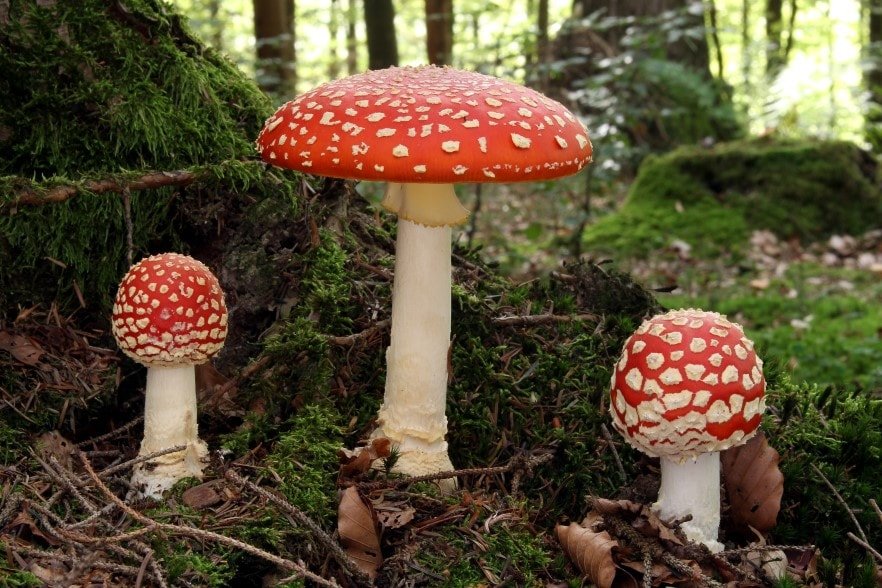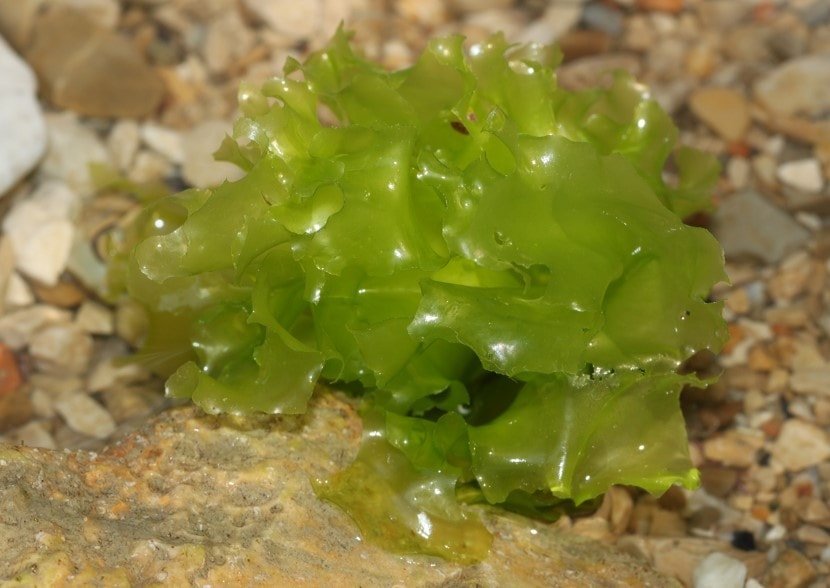Will kingdoms last?

LIFE ON EARTH was easier to comprehend back in the days when all species were placed into either the animal or plant kingdom. Today we are long past a time when scientists can agree about how life should be carved up and whether ‘kingdom’ remains a useful category.
Carl Linneaus, the father of classification, proposed the plant and animal kingdoms back in the 17th century. Single-celled organisms were granted a kingdom in the 19th century and fungi gained one after that.
The proper number of kingdoms and their purpose have been disputed for the past 50 years or so. DNA studies showing unexpected relationships have forced some shifts in thinking. So have electron microscopes, by revealing more about micro-organisms, plus evolving ideas about the role of classification.
When species are put together today in the same genus, or any other category, something about the past is implied: descent from a common ancestor (monophylly). Placing all penguins in one family implies that one species paddling about long ago gave rise to all the penguins alive today. But when monophylly is demanded of kingdoms the categories end up looking odd. Animals and fungi evolved from a particular group of micro-organisms, so they end up classified together, with some micro-organisms, as the opisthokonts. Green seaweeds are put with land plants, because the two share a common ancestor, while kelps go elsewhere because they don’t. In a tree of life published in 2012 the word ‘kingdom’ was not used, because the main categories are to most of us (including most biologists) utterly alien: Amorphea, Diaphoretickes, Excavata, Sar and so on.

The green seaweed called sea lettuce (Ulva lactuca) is more closely related to daisies and other land plants than to kelps and other brown seaweeds. (Image: Holger Krisp, Ulm, Germany / Wikimedia)
Last year a team of scientists offered a friendlier alternative, with seven kingdoms – one each for animals, plants, fungi and protozoans, two for bacteria, and one for Chromista, which are certain algae possessing chlorophyll plus their relatives. This classification is designed to be useful and comprehensible to the public rather than entirely true to evolution. The authors explained that where they drew some lines can be contested, notably those dividing the protozoan kingdom from chromists, fungi and plants.
The seven kingdoms were provided not as a rejection of the 2012 scheme, but to offer a choice. That does not apply to birds, which in both systems are listed as reptiles, as fits their status as a surviving line of dinosaurs.
Most people have no taste for higher classification but to some vegetarians it matters. Mushrooms are closer to being meat than vegetables, raising questions about whether they are ethical to eat.
Tim Low is the author of the award-winning book Where Song Began. Follow him on Twitter @TimLow5.
RELATED STORIES:

